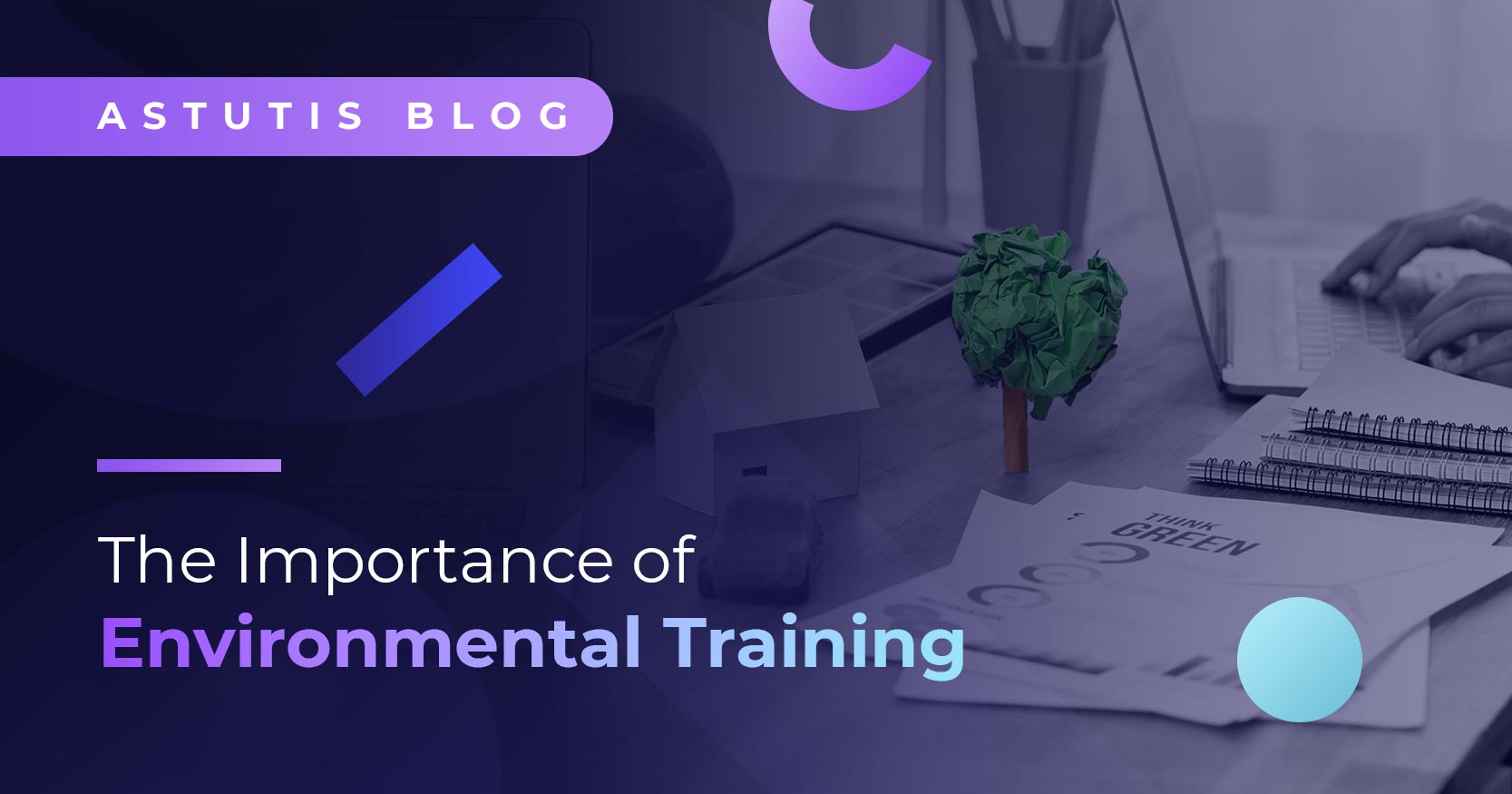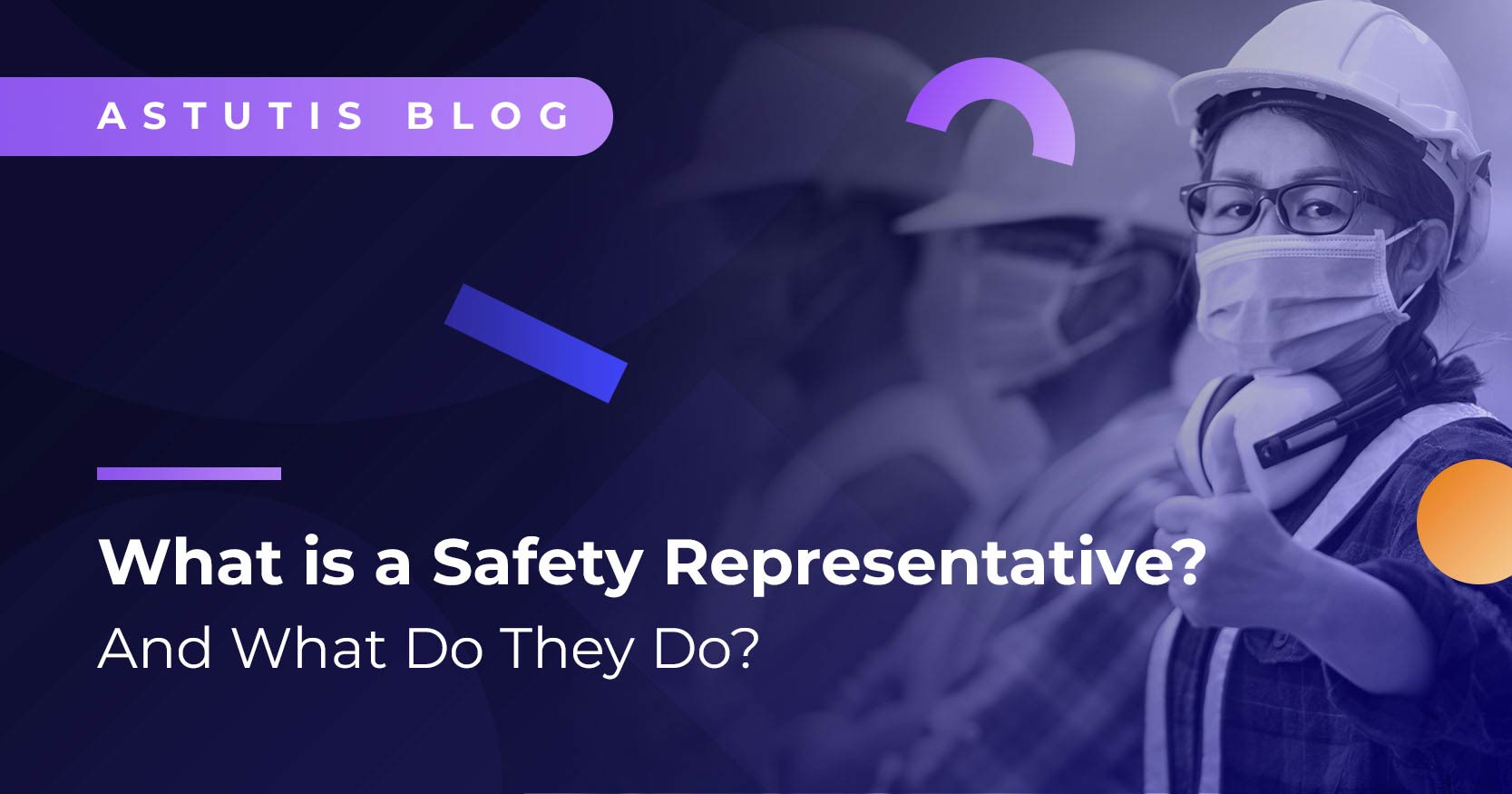NEBOSH Examiner’s Reports: the do’s & dont's of a successful certificate exam
Our guide to the what's recommended and what isn't advised when you're preparing for and taking the NEBOSH Certificate exam.
Examiners' reports on NEBOSH General Certificate Level qualifications are published twice a year by NEBOSH following the March and September examinations and are free to download for students. This post presents the examiners' most common pointers to remember when taking the NEBOSH exam. Read our guide on what to do and what not to do.
They offer valuable feedback on examination sittings and, offering feedback on the following key areas; examination technique, command words and learning outcomes, should not be overlooked as part of the revision process. The Examiners Report is intended to give examples of what Examiners were expecting as well as to highlight areas of under-performance.
Examiners’ reports for both the National and International Diplomas will be published after the January and July examination sittings (commenced after the January 2017 examination sittings).
The examiners' reports include:
- questions in the relevant question papers as well as strengths and weaknesses of responses to each question containing examples of good and more limited responses;
- examples of what Examiners were expecting – this is of particular relevance to the questions that candidates appeared to find more challenging;
- guidance and information relating to examination technique.
The reports do not include marking schemes or sample answers.
Each examination report identifies consistent areas in need of further improvement for candidates taking Certificate level qualifications. We’ve summarised some of the key takeaways below:
Misreading/misinterpreting the question
A candidate's misreading or misinterpreting the question is consistently the most common reason by far for candidates not achieving the maximum marks available. Questions are subject to a number of rigorous checks to ensure that they are set for the Certificate level qualifications and relate directly to the learning outcomes contained within the syllabus guides. NEBOSH questions are ‘systematically and carefully’ checked prior to each round of examinations.
The learning outcomes of NEBOSH Certificate Level qualifications require that candidates are sufficiently prepared to provide the relevant depth of answer across a broad range of subject areas. Candidates need to focus on the specific aspect of that subject to which the question relates as well as the general topic area.
Do
- allow sufficient time to read and re-read the question in order to determine the key requirements before writing your answer
- prepare a time plan before the examination to indicate how many minutes are available for each question giving part of this time allocation to reading the question
- highlight keywords to stay focused on the key points
- use simple mind maps
Don’t
- confuse hazards and risk – if you are required to outline hazards for a given situation, be careful not to provide risks, or even in some circumstances precautions as this will fail to attract marks
- lose sight of the questions and provide irrelevant information – answers should focus on the specific learning outcome
- memorise your answers – this can lead to answers being loosely associated with the subject matter and not providing specific answers to the question and demonstrates little understanding
Effective responses to the command word used
This is relevant only to people who have taken the NEBOSH Certificate 2014 spec which uses the "command" words. If you have taken the new NEBOSH Certificate 2018 syllabus "command" words have not been used.
NEBOSH puts much emphasis on the correct use of command words which will always be indicated in bold type and relates to the depth of answer and level of details that is expected in a candidate’s answer to that question.
Do
- use longer, more in-depth answers where the command word indicates ‘outline’, ‘explain’ or ‘describe’
Don’t
- incorrectly observe the command words and in doing so, compromise your gaining the available marks
- provide insufficient detail in your answer
- provide all answers in the form of a brief list of one or two words irrespective of the detail required – a common mistake highlighted by NEBOSH
- provide too much information where command words limit anticipated answers to ‘give’ or ‘identify’ – while you won’t be penalised, you won’t be using your limited time wisely
Making efficient use of time allocated
The efficient use of your time (as a limiting factor) is of utmost importance to ensure that you are able to answer all questions within your 2 hour time period.
Do
- use your time efficiently and effectively
- develop a time plan – NEBOSH advise 30 minutes for the long (20-mark question), and 90 minutes for the remaining ten, (8-mark) short questions which means approximately 9 minutes are available to answer each 8-mark question
- read the question twice
- develop an answer plan before writing it
- continue to refer back to the question for increased focus
Don’t
- write out the question again – while you won’t lose marks for this, you will lose valuable time
- forget to answer all the questions in the allocated time
On the subject of repetition
It has been reported by examiners that candidates repeated the same points but in different ways or provided the same answer to different questions. However, it is important to remember that once a mark has been successfully awarded for a point, it cannot be awarded again for similar points made later in that answer.
Do
- practice examination technique
- write an answer and tick off points when made
- structure your answer so that each point is made clearly
- underline key points
Don’t
- repeat yourself
Attempting all questions
In failing to answer a question, candidates can expect to achieve no marks for that question which can, in turn, seriously affect the potential marks available and the possibility of achieving a pass.
Do
- answer questions in any order in the answer book provided
- keep clear track of questions you have attempted
- be adequately prepared for your examination - across the breadth of the syllabus
- refer to personal application or experience to help to stimulate an answer in the case of the ‘mind going blank’
- go back to first principles and break a question down into elements such as ‘people’, ‘equipment’, ‘materials’ and the ‘working environment’ if you are struggling with an answer
- approach a question in small sections to minimise the risk of being overwhelmed
- refer to your time plan
- follow the clock – moving on when the time per question has expired
- answer part of a question rather than no answer if time is limited
Don’t
- run out of time
- forget to answer a question
Allocating enough time
The pressure and time restraints of exam conditions mean that we can get flustered and lose sight of what is most important and where we can achieve the most marks. Giving the right questions their due regard will help you maximise the marks available. A 20 mark question will always require more detail than an 8 mark question, so don’t agonise over the detail associated with the lower marks just because that’s a topic you remember.
Do
- spend time before the exam developing the skill of answering questions according to the marks and time available
- Manage your time well in answering all questions (or at least, as many as possible) with the right level of detail
- write abbreviations to save yourself time - standard abbreviations such as HSE, RIDDOR, COSHH, PPE and DSE are acceptable
Don’t
- leave question one until last and fail to answer it in full
- rush the last couple of questions by offering brief or bullet point answers
Legible handwriting
Finally, while allowances are made for candidates under the pressure of an examination, should examiners not be able to read your handwriting, they can’t award marks.
Do
- keep your handwriting legible and your paragraphs well structured
Don't
- rush so much that the examiner can't make out the salient points in your answers
It’s also worth remembering that NEBOSH recommends a minimum literacy requirement for candidates undertaking one of their qualifications – enough so that they can ‘understand and articulate concepts contained in the syllabus’.
If you want more information or help on the NEBOSH General Certificate and the exams the course involves, visit the Astutis Exam Help Centre.
Related Blogs

Real Life Stories









